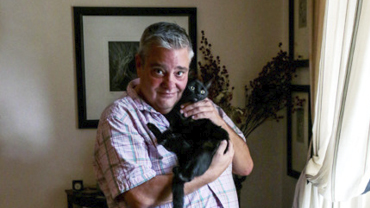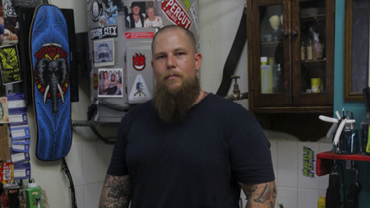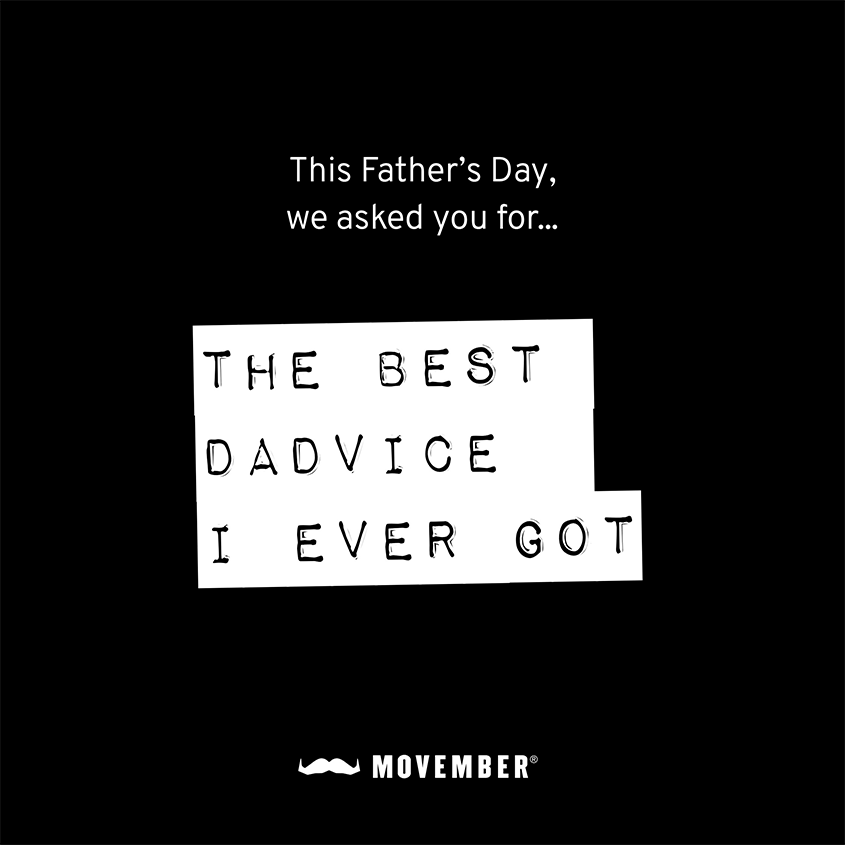If being in quarantine these past two months has taught me anything it has been about leaning into what you love doing and creating the space for that. Do you have a practice or hobby?
What is your why? We do many things, but why do we do the things we do? Why do we train in the gym when there is no game to play? Why do we use the word love and do our actions reflect what we say?
Someone asked me if everything has to mean something. My answer is yes because how you do things is how you do things. The way we do things transfers over in a lot of ways into how we do everything.
This is mindfulness the way I share it—where sports psychology meets consciousness with a spiritual twist because what part of our existence is not spiritual?
Granted, I did not come into this way of life willingly. I basically had to break my neck to get here. I was diagnosed with a spinal contusion during my last season in the NFL. I played most of my career with the New Orleans Saints as an All-Pro linebacker and now I’m here to tell you about love. The irony! After six years in New Orleans, I went to the Texans where I started for a year, and then the Jaguars where I started for two games. After that, my whole life came crashing down, which led me to an epiphany of consciousness and the practice of mindfulness.
In the pros, we practiced for every part of the game. If we were anticipating an atmosphere that was louder than normal, we would bring in speakers and prepare a special sign language to communicate through the noise. We would prepare different offensive plays, such as third and down and two-minute, as well as variations on substitutions. We did not want to be presented with any surprises. By preparing for different scenarios, we were able to reduce unnecessary stress to execute our assignments to our greatest potential.
This brings me back to my original question: do you have a practice or hobby? I practice meditation. Of course, in the ashrams along the Himalayas of Nepal it is not very difficult to meditate for eight hours a day. The complexities are in the day-to-day, in working toward a functional relationship while driving on the 405 in Los Angeles. So, how do we prepare for the situations we know will come but many times act as if they might not? How do we cultivate a practice for when things fall apart?
Our first and most important leverage point is our breath. We can use it to develop an emotional maturity, which helps us to be less reactive and more contemplative in our response to the world. Then, we start to become more intentional.
Our second leverage point is our body language. As life presents various circumstances, we can only control our responses. The body language we use can anchor and reaffirm our strength regarding what we desire to stand for. In mindfulness, we have a posture called true north. This is where we learn to root down and hold our position. If standing, we press down into the four corners of our feet. If sitting, we extend the spine to affirm our strength as a result of having done the work.
Our third leverage point is defining our words. When we make our words tools that work for us, they become constructive and we begin to say what we mean without putting the burden on others to translate our meaning.
We implement a practice to work toward the life we desire. Mindfulness is all about self- mastery, not because we expect to find ultimate perfection, but for the simple act of striving to be better on a daily basis. It is the perfect opportunity to take hold of the reins. Then, we can begin to solve problems to create more justice so people are no longer mistreated.
This practice of meditation has taught me so much and changed my life. I wanted to share that with everyone and how it can help you even if you’ve never tried it before. The Mindfulness Playbook is coming soon and you learn more by going here.
Namaste.

May 27th, 2020
Former NFL player Keith Mitchell Focuses on Life After Football and
How Meditation Saved His Life
3 MIN READ










